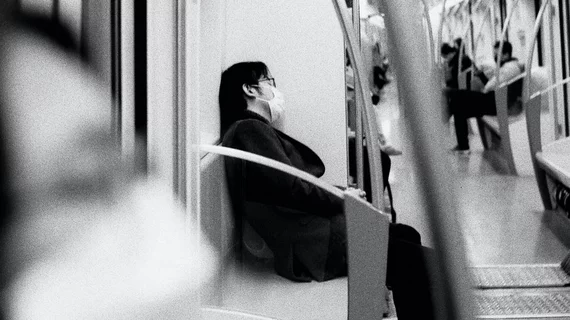Boston researchers hope PET-MRI brain scans will shed light on 'long-COVID' symptoms
In an attempt to identify the root cause of symptoms related to “long-COVID,” researchers in Boston will be conducting PET-MRI brain scans on patients who have previously tested positive for the coronavirus.
Millions of Americans are considered COVID “long haulers.” And in Massachusetts alone, it is estimated that close to 400,000 people continue to suffer from symptoms months after they have recovered from the respiratory virus. These individuals are plagued with symptoms like chronic fatigue and extreme difficulty concentrating, both of which can have a debilitating impact on day-to-day functioning.
“Those who are dealing with this condition are really worried, and they’re hoping they get studied,” Michael VanElzakker, a neuroscientist with the Athinoula A. Martinos Center for Biomedical Imaging at Massachusetts General Hospital, recently explained to the Boston Herald.
The study will take place in Charlestown, Massachusetts, where researchers are looking to enroll symptomatic participants who had COVID at least two months ago. Those participants will undergo a series of tests, including a 1.5-hour PET-MRI scan of the brain to monitor any abnormal inflammation, especially in the areas of the brain that control a person’s ability to focus.
“We’ll be looking at neuroinflammation, and if that would be related to the difficulties that people are having with concentrating,” VanElzakker said.
Previous research has utilized medical imaging to measure the impact of acute COVID on the brain, but little is known about the long-term manifestations that might appear on scans months after recovery. Using medical imaging to better understand which parts of the brain are affected will enable scientists to develop treatment strategies for millions of exhausted long haulers.
Participants will be compensated $250 for their time. Anyone who is interested in being involved in the study should call 617-726-8120 or reach out via email to hbues@mgh.harvard.edu.
Read the full study below.

